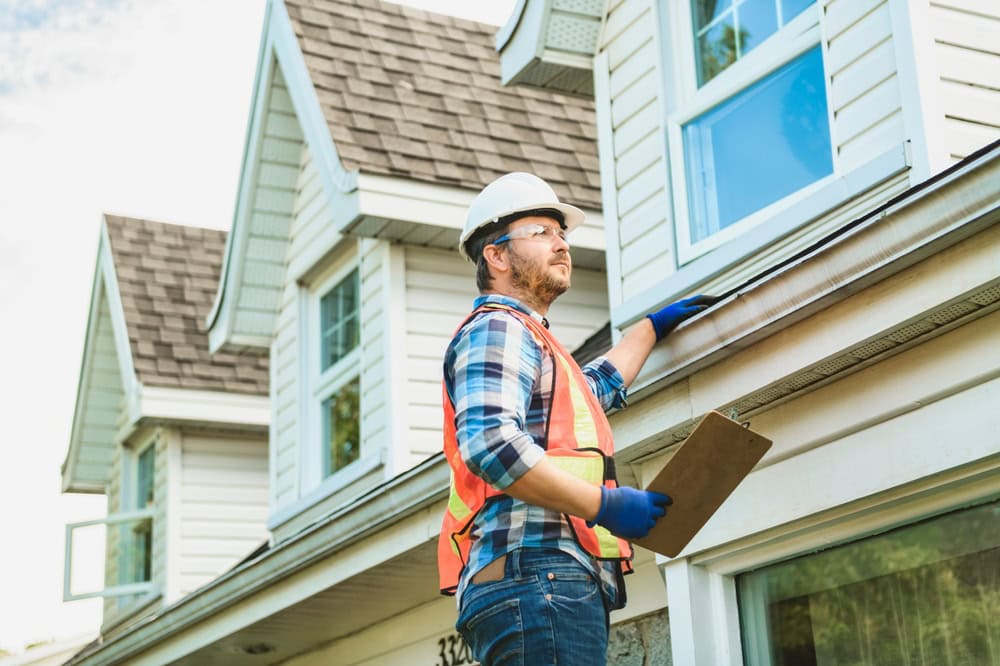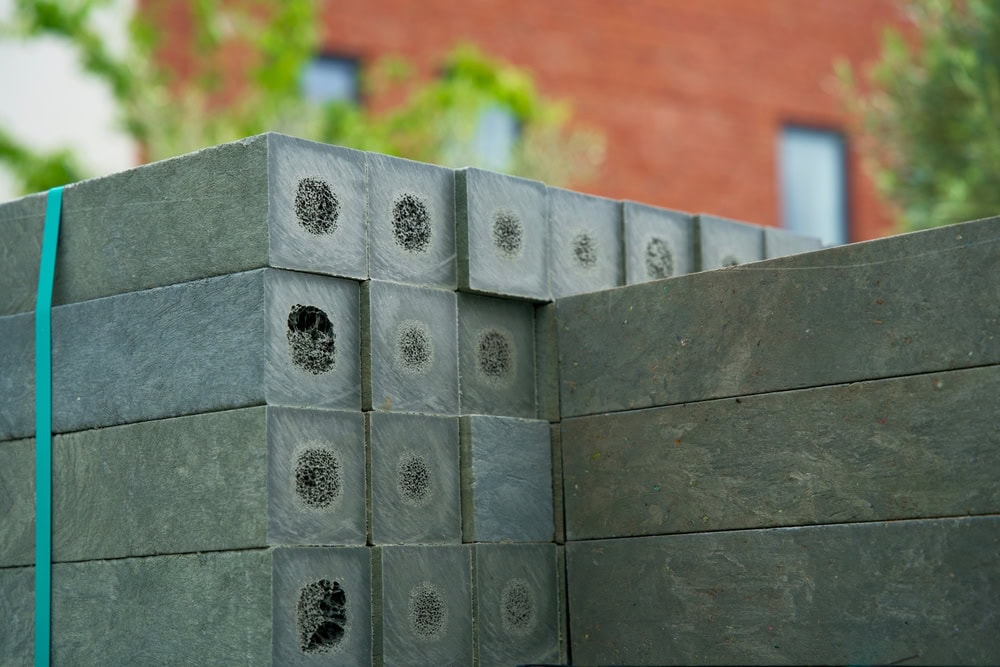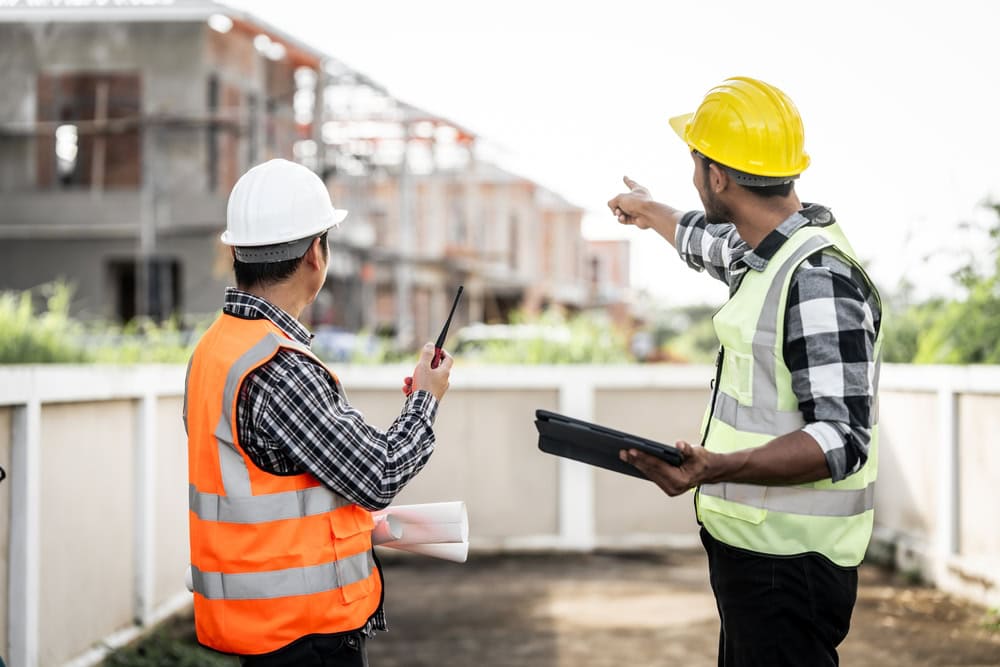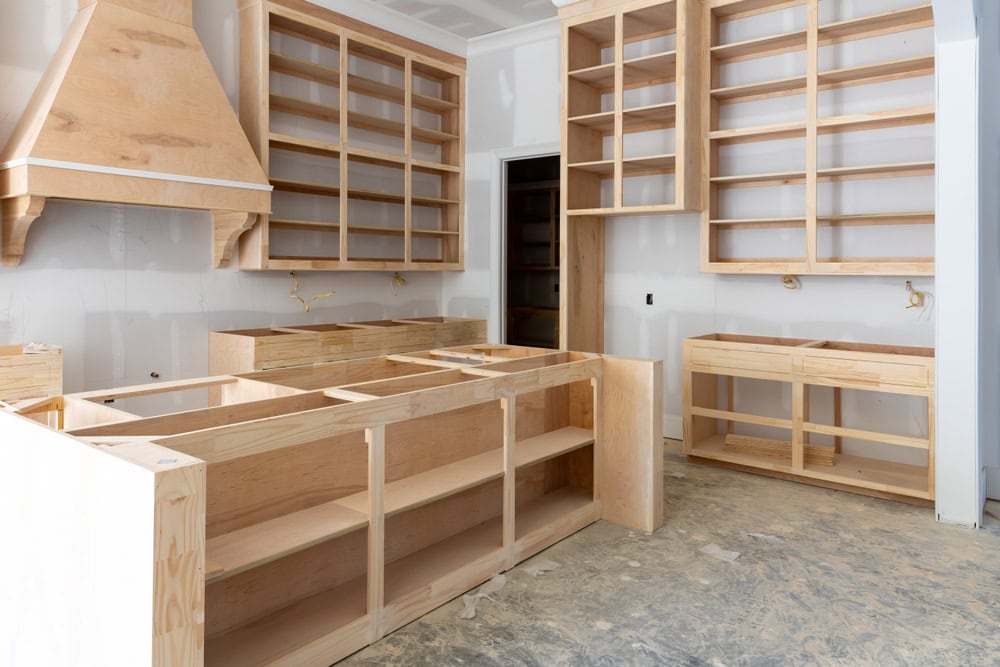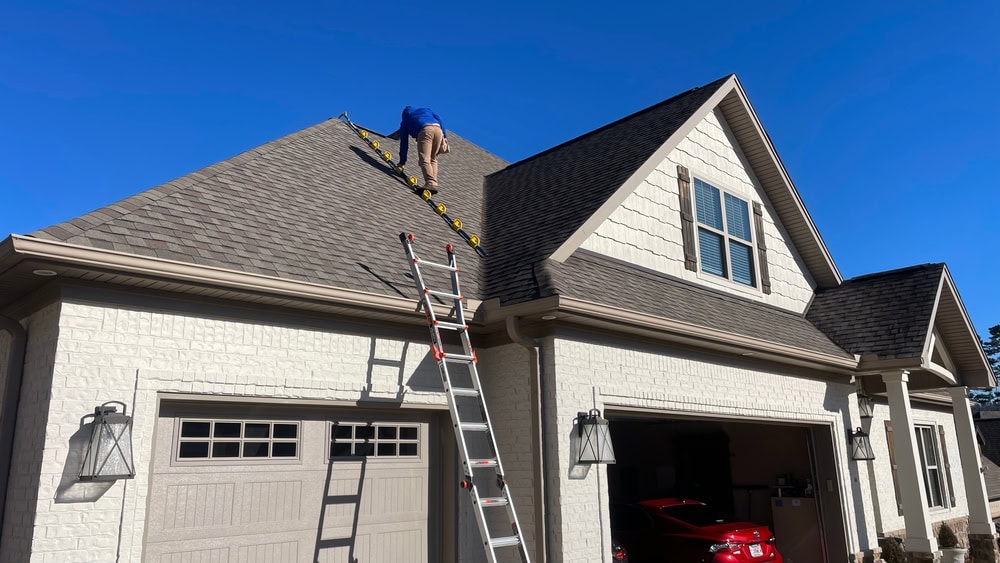The Rise of 3D Printing in Construction: Opportunities and Challenges
The construction industry is witnessing a revolutionary shift as 3D printing technology continues to gain traction. Also known as additive manufacturing, 3D printing involves creating three-dimensional objects by adding successive layers of material based on a digital model. This innovative technology presents both exciting opportunities and challenges for contractors in the construction sector. Opportunities: Complex … Read more


